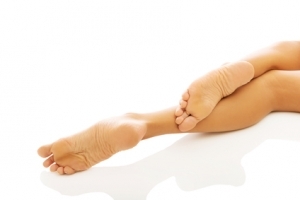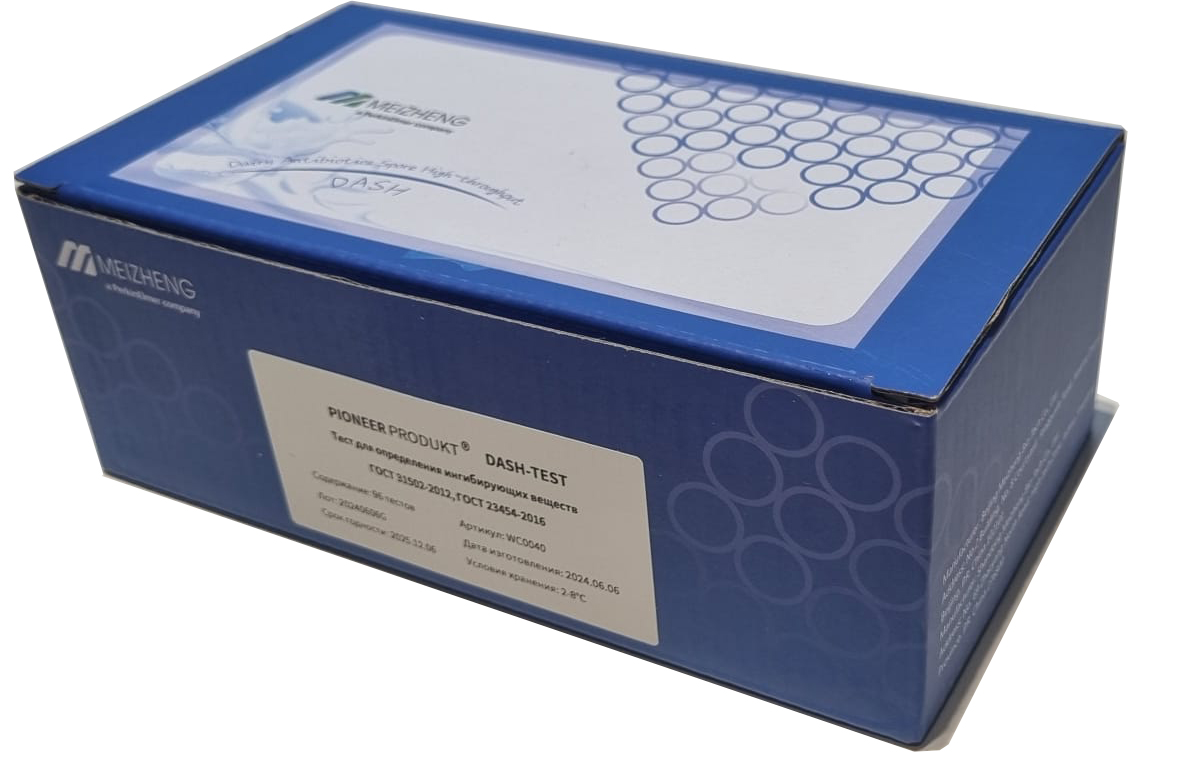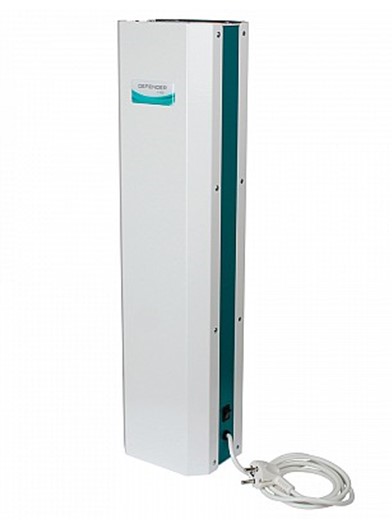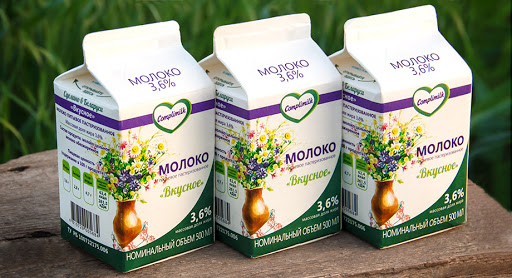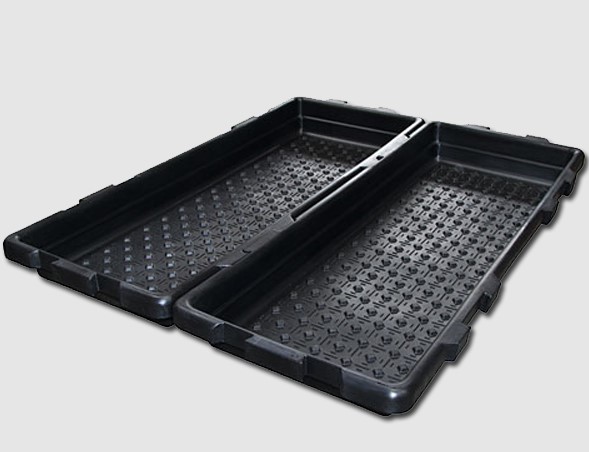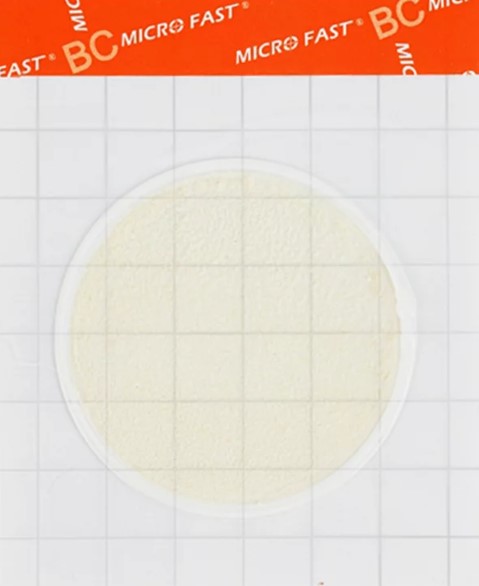Vitamins for laying hens and why they are important for good egg production
Laying hens require at least 38 nutrients in appropriate concentrations and balances, so commercial laying hen feeds are formulated to meet the basic vitamin requirements of this category of poultry. Chickens must have sufficient availability of vitamins. Chicks should be fed starter diets from 0 to 8 weeks of age, pullet diets from 8 to 18 weeks of age, and laying hens begin on vitamin supplemented diets from 18 weeks of age.
However, factors such as the age of the chickens, environmental conditions, feed quality and shelf life may require additional vitamin supplements.
The criteria used to determine the need for a particular nutrient, including vitamins, are primarily related to production, for example, a drop in egg production or the manifestation of deficiency symptoms, in other words, vitamin deficiency. This situation most often occurs when, in order to save money, laying hens are fed with homemade mash.
In the initial stage, the symptoms of vitamin deficiency in chickens are often mild, but any deficiency, no matter how insignificant, will still affect the condition and egg production. And in the future, if the cause is not eliminated, the birds become ill and even die.
Note that laying hens can synthesize some vitamins, such as vitamin K, in their digestive system through bacterial fermentation. However, these processes may not always provide sufficient amounts, which is why vitamin K is included in recommended supplements.
Vitamin D is synthesized through exposure to sunlight, but again dietary supplementation may be required, especially in chickens kept indoors. Vitamin C, also known as L-ascorbic acid, is a powerful antioxidant usually produced in the liver and kidneys of birds and does not need to be added to the diet of healthy layers, but can also play a beneficial role in cases of illness.
Add vitamin supplements only if you detect signs of vitamin deficiency in laying hens, as indicated primarily by decreased egg production and poor shell quality.
From vitamin A, which supports vision and reproductive function, to vitamin D, which helps absorb calcium for stronger eggshells, and vitamin E, an important antioxidant that protects against oxidative stress, each has a specific function.
B vitamins are essential for energy metabolism, and vitamin C supports the immune system. Choline promotes egg yolk formation, while biotin promotes healthy feathers and skin.
A lack of certain vitamins can lead to a sudden drop in egg production - a deficiency of vitamin A reduces egg production to a minimum, and a deficiency of vitamin D leads to the fact that egg shells become thinner, and egg production also decreases.
Some other vitamin deficiencies that affect egg production are folic acid, choline, and vitamin B12, also known as riboflavin.
Vitamin D is vital for the absorption and utilization of calcium in laying hens. Calcium is a key component of eggshells, and without enough vitamin D, chickens cannot absorb calcium effectively, resulting in weaker eggshells.
Vitamin E is an important antioxidant that helps protect laying hens from oxidative stress. Laying hens are susceptible to oxidative stress due to the high metabolic rate associated with egg production.
Vitamin K plays a vital role in blood clotting, which is important for laying hens as they can sometimes experience injury or internal bleeding.
Choline is essential for the formation of egg yolks. it is a component of phospholipids, which are vital for the structure of the cell membranes of the developing embryo. Choline deficiency can lead to poor yolk development and reduced egg size and quality.
Vitamins for laying hens are divided into two groups depending on their solubility in lipids or water.
The fat-soluble group includes vitamins A, D, E and K, and the water-soluble group includes B complex vitamins (B1, B2, B6, B12, niacin, pantothenic acid, folic acid and biotin) and vitamin C.
Fat-soluble vitamins are usually found in commercial feeds in combination with lipids. Fat-soluble vitamins can be stored in the animal's body. On the contrary, water-soluble vitamins are not stored, and excess vitamins are quickly eliminated from the body.
Water-soluble vitamins for laying hens
Water-soluble vitamins for laying hens include B1 (thiamine), B2 (riboflavin), B3 (niacin), B5 (pantothenic acid), B6 (pyridoxine), B9 (folic acid), B12 (cobalamin), H (biotin) and C ( ascorbate). Because water-soluble vitamins are quickly metabolized and excess is excreted through droppings or urine, it is important to ensure that the bird is not showing signs of deficiency.
Although low vitamin C intake is not a deficiency since birds can synthesize the vitamin, vitamin C deficiency results in poor growth and weak egg shells.
Some abnormalities that may indicate a deficiency of water-soluble vitamins include: loss of appetite, neurological disorders, general weakness, digestive disorders, decreased egg production, dermatitis, seizures, skin lesions, perosis (a disease that causes deformation of the bones of the legs), poor plumage, poor growth , fatty liver.
Fat-soluble vitamins
Fat-soluble vitamins are so named because of their connection with the absorption of fats from food. Vitamins in this group include A, D, E, and K. With fat-soluble vitamins, be careful not to overdo it, as vitamin toxicity can occur over time. Although this occurs more slowly than with water-soluble vitamins, the body also eliminates fat-soluble vitamins through feces, urine, or bile.
Some abnormalities indicating a deficiency of fat-soluble vitamins include: A - eye lesions, severe impairment of muscle coordination; D - rickets, bone weakness; E - lack of appetite, encephalomalacia (softening of the tissues of the skull); K - decreased blood clotting, hemorrhage.
For the poultry industry in general and for laying hens specifically, the veterinary industry produces complete liquid vitamins for supplementation in feed or water without the need for injections as in commercial poultry production. As a rule, such preparations include not only vitamins, but also minerals and amino acids.
Such complex supplements include the following: vitamin A, vitamin D3, vitamin E, vitamin B1, vitamin B2, vitamin B6, vitamin B12, vitamin K, vitamin PP (these are two related compounds, nicotinic acid and nicotinamide), D-pantothenic acid, biotin , choline, cobalt, zinc, manganese, copper and iron.
Depending on the condition and age of the laying hens, liquid vitamin complex supplements can be used three to once per week according to product instructions.

